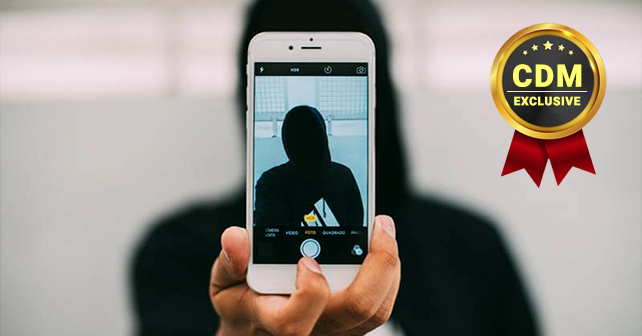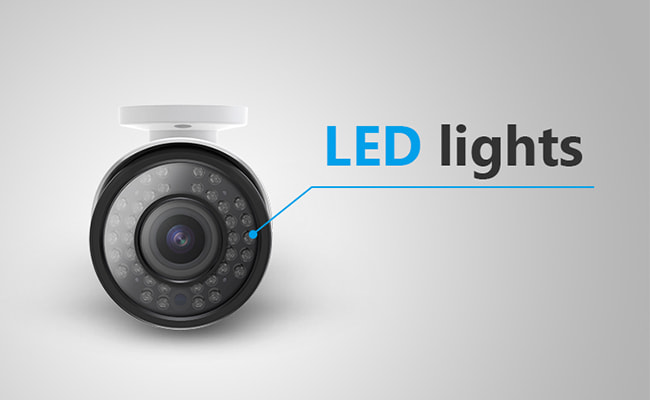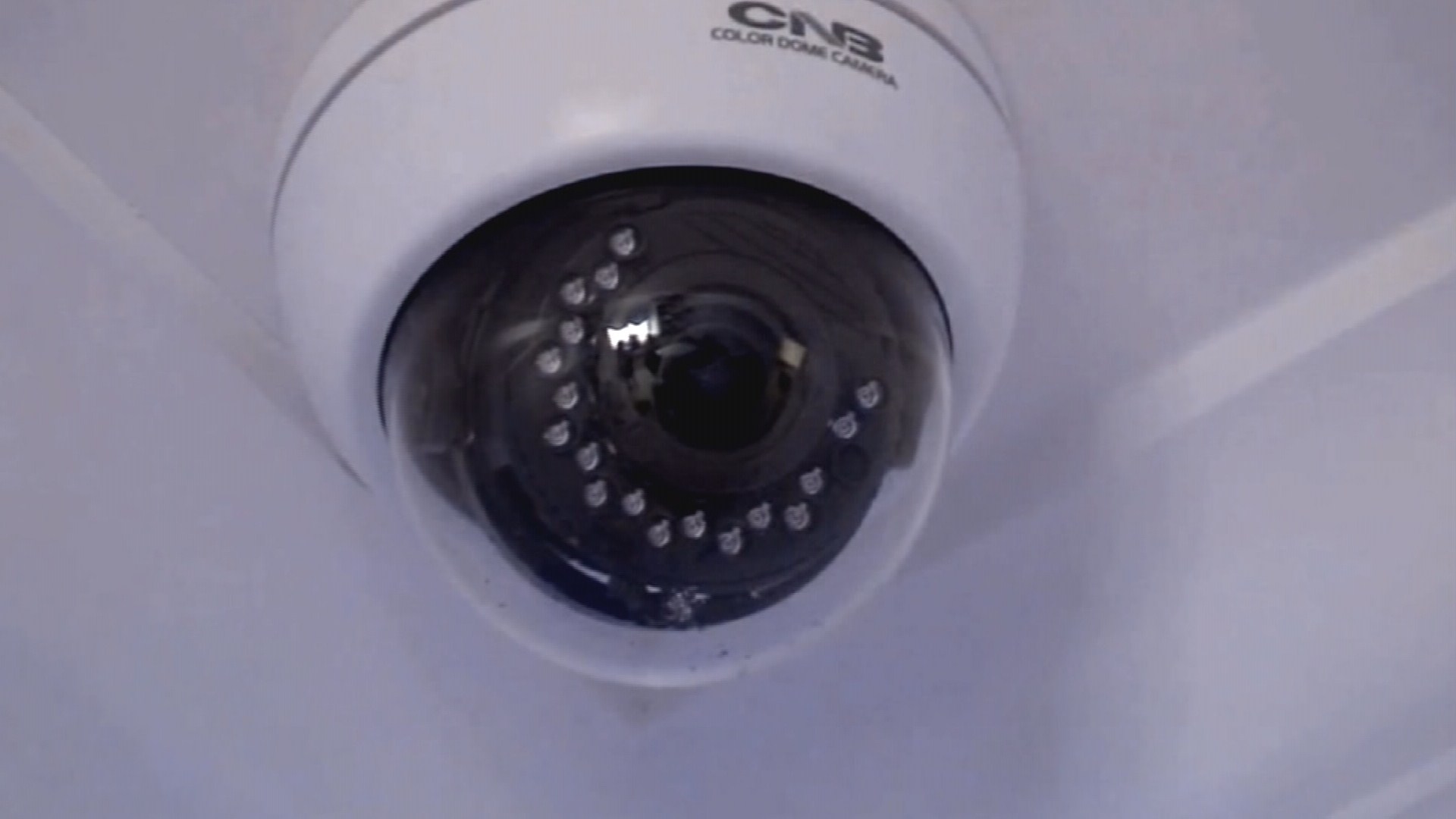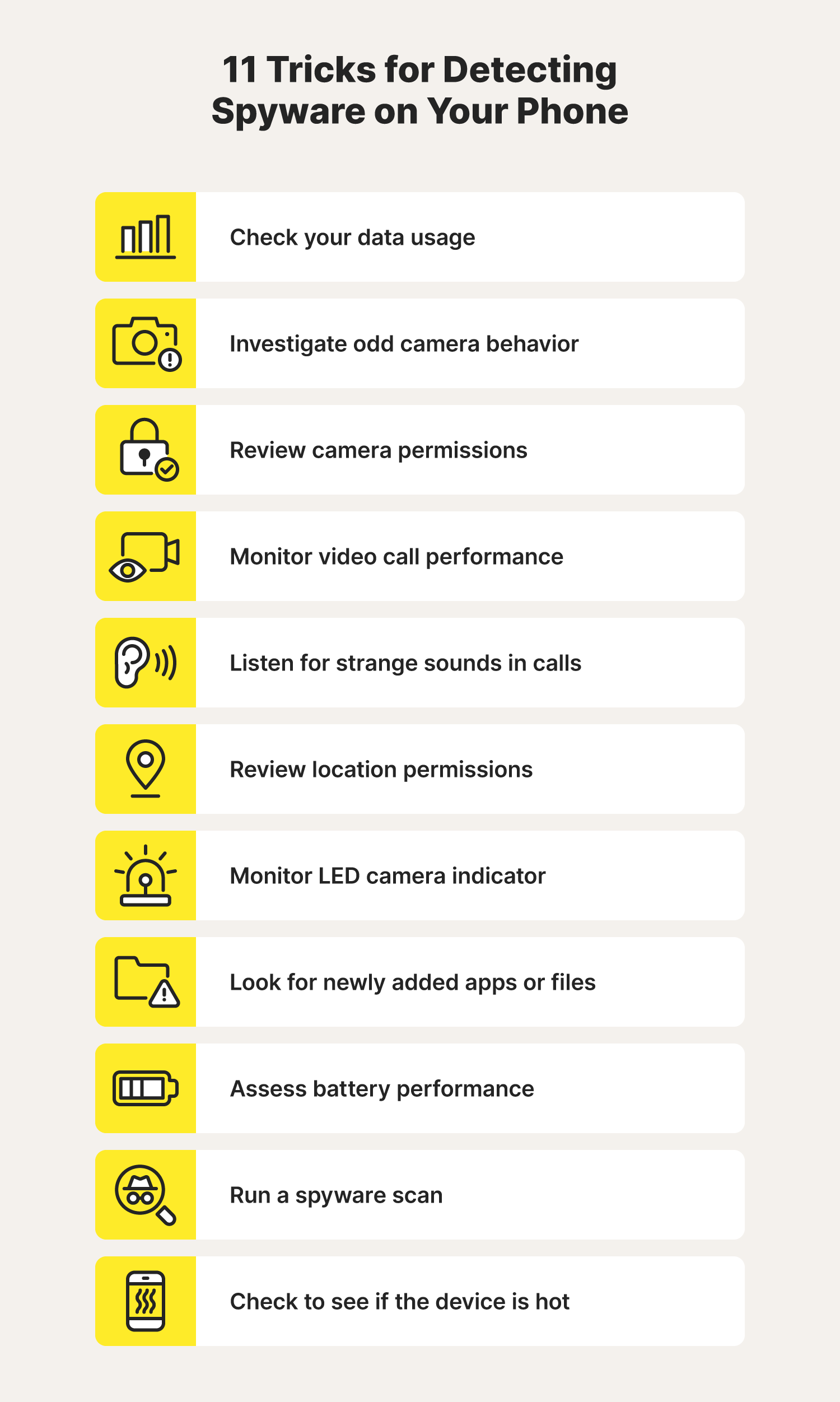To know if a camera is watching you, look for a blinking light or a red recording indicator. Check for physical camera presence and scan the room carefully for any hidden cameras.
In today’s digital age, concerns about privacy and surveillance are at an all-time high. People are increasingly wary of being watched without their consent, whether in public spaces, workplaces, or even in the comfort of their own homes. With advancements in technology, cameras are becoming smaller and more discreet, making it easier for them to go unnoticed.
This has raised the importance of being able to identify when a camera is watching you. By being aware of the signs and taking necessary precautions, individuals can protect their privacy and ensure their security in various settings.

Credit: www.cyberdefensemagazine.com
Understanding Surveillance Cameras
If you’ve ever wondered whether you are being watched by a surveillance camera, you are not alone. In today’s technologically advanced world, cameras seem to be everywhere, silently observing our every move. However, understanding the different types of surveillance cameras and where they are commonly found can help you determine if you are indeed under the watchful eye of a camera. Let’s delve into this topic further.
Types Of Surveillance Cameras
Surveillance cameras come in various shapes, sizes, and functionalities. By familiarizing yourself with the different types, you can more easily identify if a camera is present.
| Type of Surveillance Camera | Description |
|---|---|
| Fixed or Bullet Cameras | These cameras are small and cylindrical, often mounted on walls or ceilings. They offer a fixed field of view and are commonly used for outdoor surveillance. |
| PTZ Cameras | PTZ stands for Pan, Tilt, and Zoom. These cameras can be remotely controlled to move and zoom, providing a more comprehensive view of an area. They are frequently utilized in larger areas that require active monitoring. |
| Dome Cameras | Dome cameras are discreet and blend seamlessly into their surroundings. They are usually installed in stores, homes, and offices and can be either fixed or PTZ. |
Common Locations For Surveillance Cameras
Surveillance cameras can be found in a multitude of locations, some more common than others. By being aware of these typical spots, you can spot potential cameras with ease:
- Entrances and Exits: Cameras are often positioned at the entrances and exits of buildings, providing a security measure against unauthorized access.
- Parking Lots: To deter theft and vandalism, surveillance cameras are commonly installed in parking lots.
- Public Transportation: Buses, trains, and subway stations often have cameras for passenger safety and crime prevention.
- Retail Stores: Surveillance cameras are prevalent in retail stores to discourage shoplifting and other criminal activities.
- Financial Institutions: Banks and ATMs are closely monitored to protect customers and their transactions.
- Public Spaces: Areas like parks, streets, and government buildings may have surveillance cameras in place for public safety and security.
Knowing where surveillance cameras are commonly located can help you determine whether you are being monitored. However, it’s essential to keep in mind that cameras can also exist in less obvious places, such as inside objects or disguised as ordinary items.
Signs Of A Camera Presence
Signs of a camera presence can be concerning in today’s surveillance-focused world. Whether it’s for security reasons or intrusive surveillance, knowing how to detect if a camera is watching you is essential for privacy and peace of mind. You might be surprised to find out that there are both physical and electronic signs that can indicate the presence of a surveillance camera.
Physical Signs
If you want to know whether there is a camera in a particular area, keep an eye out for these physical signs:
- Mysterious wires or cables that aren’t typically found in a particular location
- Small holes or unusual markings on walls, ceilings, or other surfaces
- Visible camera lenses or domes, especially in areas where surveillance is to be expected
- Unusual objects that seemingly serve no purpose or inappropriate for the environment
Electronic Signs
Electronic signs of a camera presence can be more discreet but equally important to watch for:
- Strangely flickering lights or unusual reflections that could indicate a lens
- Unexpected or unexplained radio frequency interference in certain areas
- Odd sounds that may signal the presence of a hidden camera or accompanying security equipment
- Anomalous Wi-Fi networks or Bluetooth devices that suddenly appear when in a specific location
Tips To Detect Hidden Cameras
Perform A Physical Inspection
Avoid suspicious objects like mirrors, smoke detectors, or unusual holes.
Use A Flashlight And Mirror
Inspect reflective surfaces for hidden lenses that cameras may use.
Scan For Wireless Signals
Use apps to detect irregular wireless frequencies in the room.
Consider Using A Camera Detector
Invest in a camera detector for thorough scanning in various locations.

Credit: reolink.com
Preventive Measures
Wondering if you’re being watched by a camera? Look for unusual objects or small cameras that don’t belong, like pinhole cameras or hidden devices. Pay attention to any blinking lights, reflections or shadows that could indicate surveillance, and consider investing in a camera detector to ensure your privacy.
Stay vigilant and take preventive measures to protect your personal space.
Preventive measures: Taking steps to protect your privacy from potential camera surveillance is essential. Here are some practical ways you can safeguard yourself: Covering camera lensesUnderstanding your privacy rightsReporting suspicious camera activity – Notify authorities if you believe you are being monitored without consent – Document any unusual camera behavior and provide detailed information.functions. – Understand the indicators of surveillance, such as blinking lights, whirring sounds, or unusual positioning.Protection Against Camera Hacking
Protection against camera hacking is crucial to safeguard your privacy and security. Hackers can exploit vulnerabilities in your camera system, compromising your personal space. It is essential to take proactive measures to protect yourself from potential camera hacking threats.
Regularly Update Software And Firmware
Regularly updating the software and firmware of your camera is vital to mitigate security risks. Manufacturers release updates to address vulnerabilities and enhance system security. Keep an eye on updates and ensure your camera system is always running on the latest software version.
Set Strong Passwords
Setting strong, unique passwords for your camera system is an effective defense against hacking attempts. Utilize a combination of uppercase and lowercase letters, numbers, and special characters to create a robust password. Avoid using easily guessable information, such as birthdays or pet names, to strengthen your security.
Disable Remote Access If Not Needed
If you do not require remote access to your camera system, consider disabling this feature. Remote access can serve as a potential entry point for hackers to infiltrate your system. By limiting access, you can enhance the security of your camera system.
Use A Secure Network
Ensure that your camera system is connected to a secure network to bolster its defense against hacking attempts. Utilize encryption and secured passwords to protect your network from unauthorized access, minimizing the risk of potential breaches.

Credit: www.kvue.com
Conclusion
As our world becomes more technologically advanced, the prevalence of surveillance cameras continues to rise. It’s important to be aware of the signs that a camera may be watching you, in order to protect your privacy. By understanding the telltale indicators and being vigilant in public spaces, you can take control of your personal security.
Always stay informed and stay safe.


0 comments